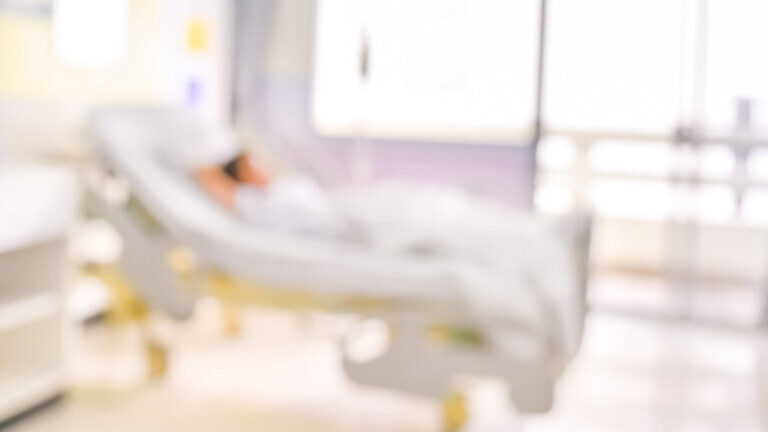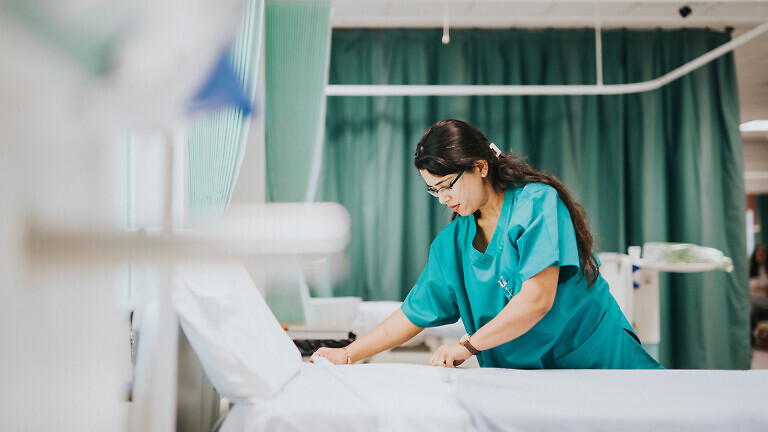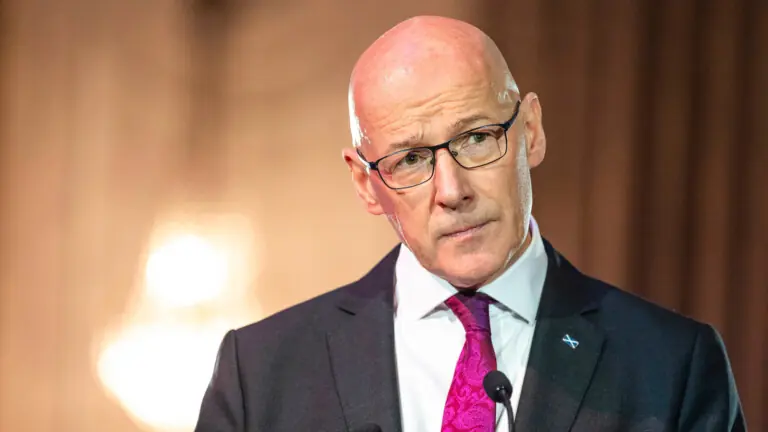A survey from the Royal College of GPs finds that patient safety is being compromised by workload pressures.
Almost three-quarters (73%) of GPs report that patient safety is being compromised by their workload pressures, according to recent Royal College of General Practitioners polling.
The same survey found that 58% of GPs said they do not have enough time adequately to assess and treat patients during appointments, while 57% do not have time to build the relationships with patients they need to deliver quality care.
The College has warned that these figures demonstrate the extent of the workload crisis in general practice – and that an increase in core GP funding is needed.
“All around the country, I meet GPs pushing themselves, day after day, to look after their patients in the face of ever-growing demand and an unsustainable lack of capacity,” said college chair Kamila Hawthorne.
“If GPs are to provide expanded services to patients as part of the new Neighbourhood Health Service model, it’s a no-brainer that we will need many more family doctors,” she added.
Burnout
The pressure on GPs remains desperately high.
As Healthcare Today reported at the end of August, a recent GMC survey found that 82% of doctors say that they are at risk of burnout.
“The major challenges identified in this report must be addressed as a matter of urgency,” said Hawthorne at the time, warning that ultimately it was the patients who would feel the effects.
Rising workloads, persistent staffing gaps, and constant time pressures are leaving many healthcare professionals exhausted. This is not just an occupational health issue; growing evidence shows that staff stress and burnout directly affect patient safety, increase the risk of errors, disrupt continuity of care, and reduce overall service quality.
The 2023 NHS Staff Survey found that nearly one in three employees (30.4%) reported feeling ‘burnt out’ because of their work, while almost three-quarters (73.8%) said they faced unrealistic time pressures. Burnout is particularly prevalent among ambulance workers (49.3%) and medical and dental staff (35.3%).
But, as Richard Duggins, a consultant psychiatrist and psychotherapist in the NHS, wrote in June: “Burnout is not a rite of passage or the price of doing important work. With the right awareness and action, burnout can become the exception, not the norm”.



